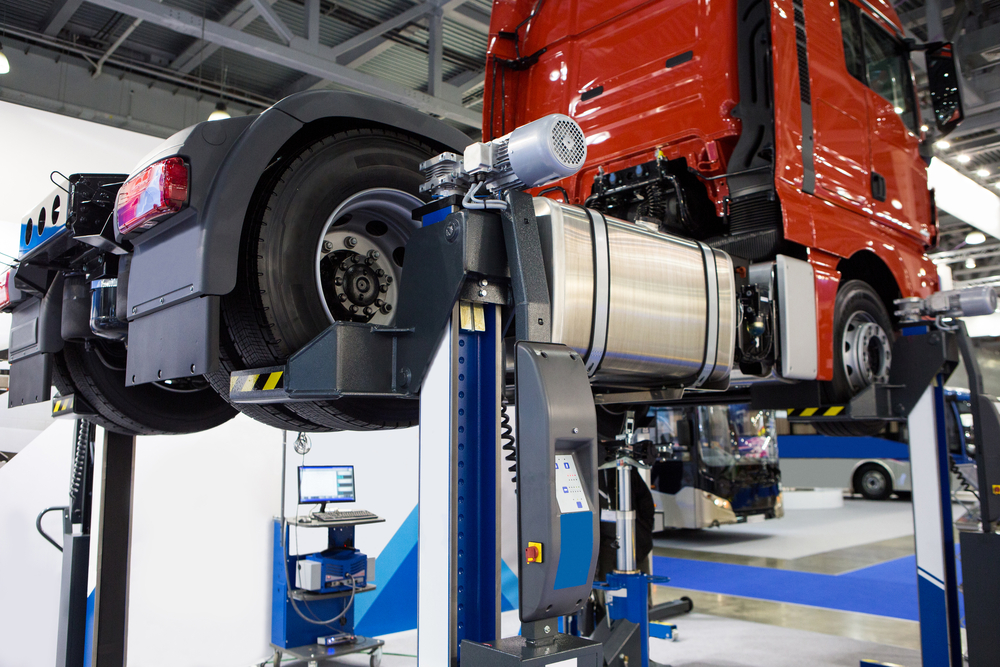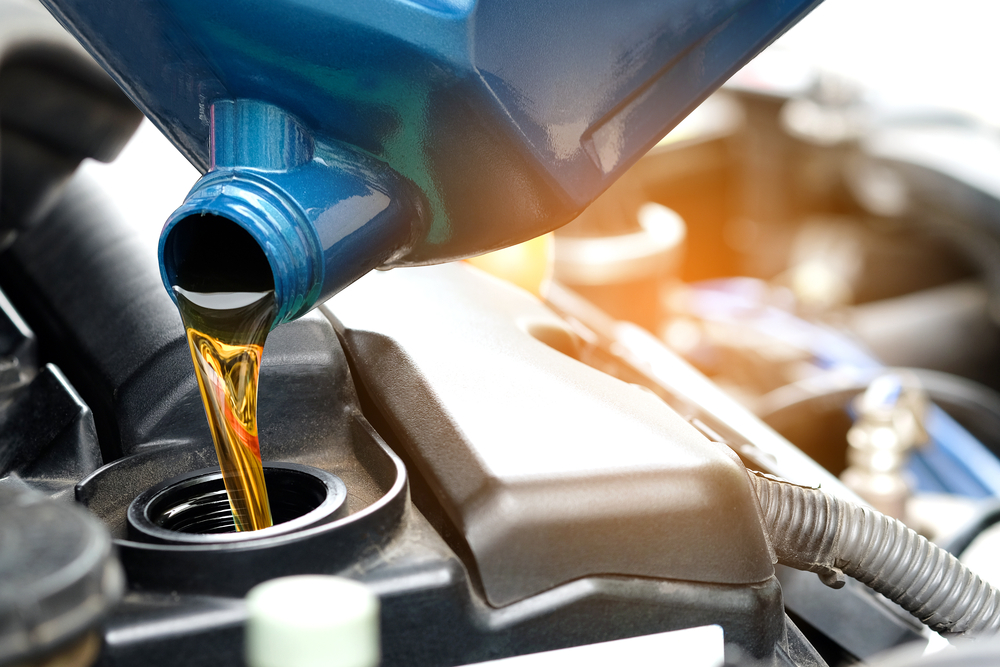Engine braking is used by truck drivers to slow down their trucks without relying solely on their brakes. There are benefits for lots of reasons, it can be safer to use than your normal brakes, you can save more fuel, with, of course, reduced wear on your brakes. It’s sometimes even a quieter option, depending on the truck and the driver but you have to be wary of towns and regions that call for no engine braking.
It’s important for drivers to use this form of braking appropriately and in conjunction with other methods to ensure safe and effective driving.
Engine braking puts less strain on the brakes
Engine braking puts less stress on the braking system, like the brake pads and drums. This helps extend their life and therefore reduces maintenance costs for the truck owner, so making the truck more efficient overall. A clean truck will also help reduce the build up of dust, dirt and grime and so help to reduce maintenance costs.

Using this form of braking also helps the truck driver have better control of the truck, especially when going down steep hills. Normal brakes can overheat and lose effectiveness when used for long periods, which may lead to brake fade. Engine braking gives the truck driver another way to slow down without relying solely on the brakes.
With added fuel savings
Fuel savings are another reason to favour this method of braking. It means you can slow the truck without using extra fuel when used effectively. Fuel savings come from reducing the need for constant acceleration and deceleration, which are less fuel-efficient.

Being mindful of local communities
Engine braking is usually quieter than using the brakes. But not always and there are towns in New Zealand with signs that say no engine braking. A trial in Tauranga hopes to find a solution to unnecessary braking noise. It estimates a small percentage of trucks are too noisy (around 1%). As new engines become quieter the problem will sort itself. But in the meantime, there are still issues for some communities.
It is important not to use this form of braking in those communities that have signalled a noise problem, especially at night. Locals will thank you for it.

